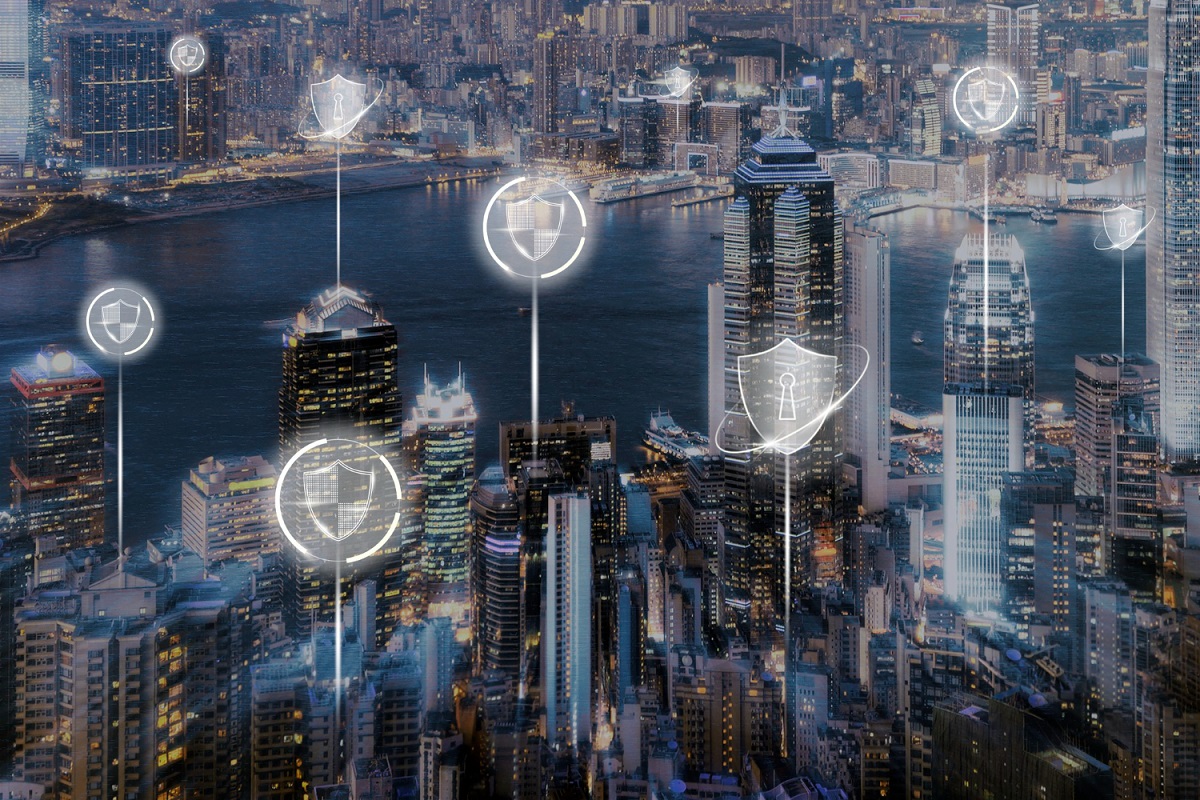
When we think of Cybercrime and retail, the focus on websites that have been targeted is regular.
Over the last year, there has been a dramatic increase in cyberattacks against online retailers. However, Dakota Murphey explains why store managers and owners must guard their physical establishments against cyber attacks.
The SonicWall Biannual Report revealed that eCommerce and online retail companies saw an increase of 264% over the last 12 months for ransomware attacks.
These numbers are very worrying for retail businesses, so it is not surprising that websites and digital security are at the top of retailers’ and customers’ minds.
Why are Retail Stores more vulnerable than ever to Cybercrime?
 For retailers with physical stores and an internet presence, it could be a belief that the online store’s security isn’t the top priority. This is a significant error.
For retailers with physical stores and an internet presence, it could be a belief that the online store’s security isn’t the top priority. This is a significant error.
This article will take a look at the reason why retail businesses are more susceptible to Cybercrime than they have ever been.
#1. Security is less secure.
There is specific that among the significant problems with security in retail is being in a state of complacency. It is believed that stores with physical locations are less likely to get targeted by hackers; they are most likely to invest their funds in hacking or phishing scams.
Cybercriminals constantly seek ways to make the most of their time, and they are always looking for quick victories in the current climate, where retail stores aren’t as well-protected. Increasingly, they are perceived as a simple way to get into a company’s computer.
Read: 6 Significant Cyber Security Tips for College Students
This lesson is never to think that you won’t or won’t be hacked. Cybercriminals are more sophisticated than they’ve been in the past. If security weaknesses exist, they will be able to identify and exploit these.
Retailers, for example, must ensure consumers’ privacy and data security with strict security measures that safeguard their internal IT systems and physical stores.
Inadequate security measures and adherence to the regulations could penalize businesses for breaches in privacy laws governed by strict CCTV rules and GDPR regulations.
#2. Websites and stores are intrinsically connected.
It is possible to think that there’s an in-between area within your company between your physical and your online store. But, it’s generally the scenario that your physical location is connected to your online system in the same way as an office.
Are you logged into your computer at work? Do you monitor customer information using IT systems? In most businesses, physical stores are strictly dependent on IT systems and online websites. This could pose a problem.
Related: How to Apply Cybersecurity to Enterprise Security
Hackers can utilize various dangerous methods to access the physical premises if your retail store lets your entire IT system down.
#3. The development of the Internet of Things
Physical stores are increasingly dependent upon Internet of Things devices – every device connected to the internet. This could include shelves with intelligent sensors, stock checkers, predictive maintenance equipment, etc.
Physical security equipment, like CCTV and video surveillance or alarm systems, are typically linked to the web and susceptible to targeted cyberattacks. The application of video surveillance technology and other devices goes to much more than just security measures.
They are equipped with intelligent features that can keep track of crowds, protect physical locations, and assist in buildings management software.
While these integrated systems offer intelligent data that can assist security companies and facilities managers who manage retail websites, any information, files, and surveillance videos are susceptible to cyber-attacks.
Related: 3 Hybrid Cloud Security Challenges & Solutions
When they are managed or stored on cloud-based solutions or on-premise physical security systems that safeguard retail stores offer a potential access point into the IT systems that criminals could use to gain access.
If security cameras, video surveillance, and alarm systems aren’t handled properly, they could cause a severe problem.
#4. Shadow IT is gaining ground
Shadow IT uses any software or programs that aren’t endorsed to be used by an IT team. This is a growing issue in stores where employees use personal devices as part of their work.
“The popularity of shadow IT is largely due to the perceived advantages,” says George Glass, Director of Security and Threat Intelligence at cybersecurity company Redscan, “these include the possibility of taking the lead when it comes to setting up and using technology as well as the ability to change software and systems more quickly to cut down on the workload. But, these advantages come with a price”.
The issue is when this shadow IT isn’t inspected for security flaws or updated because the IT team is unaware of the problem. These flaws and vulnerabilities can create exposure for cybercriminals.
Read: Cybersecurity in the Age of AI & ML
#5. Security is more important than speed.
It’s a given that retailers of all kinds are looking to provide quick and efficient customer service. But, it can cause good security practices to be neglected in favor of working on the tasks.
For instance, when clients request to reset their password on their account, they might be pressured to move forward with the request instead of using the proper procedure. Retailers must know that cybercriminals have a nexus between them and crimes committed in person.
Due to the increasing use of cashless shopping and the increase of online transactions (which has seen unprecedented growth during the past few years), retailers are required to secure their IT to be on the cutting edge and adapt to the changing consumer purchasing preferences.
Related: Tips for Startups to Protect themselves from Cyber Threats
This growing awareness is bolstered by the measures taken by the British Government to promote security technology in the retail sector.
Retail stores are more susceptible than ever to Cybercrime. There is a lot that companies can do to reduce the risk. The most crucial thing is providing training for employees to make sure everyone is aware of their role in stopping Cybercrime.
Read: What is a Cybersecurity Maturity Model?




